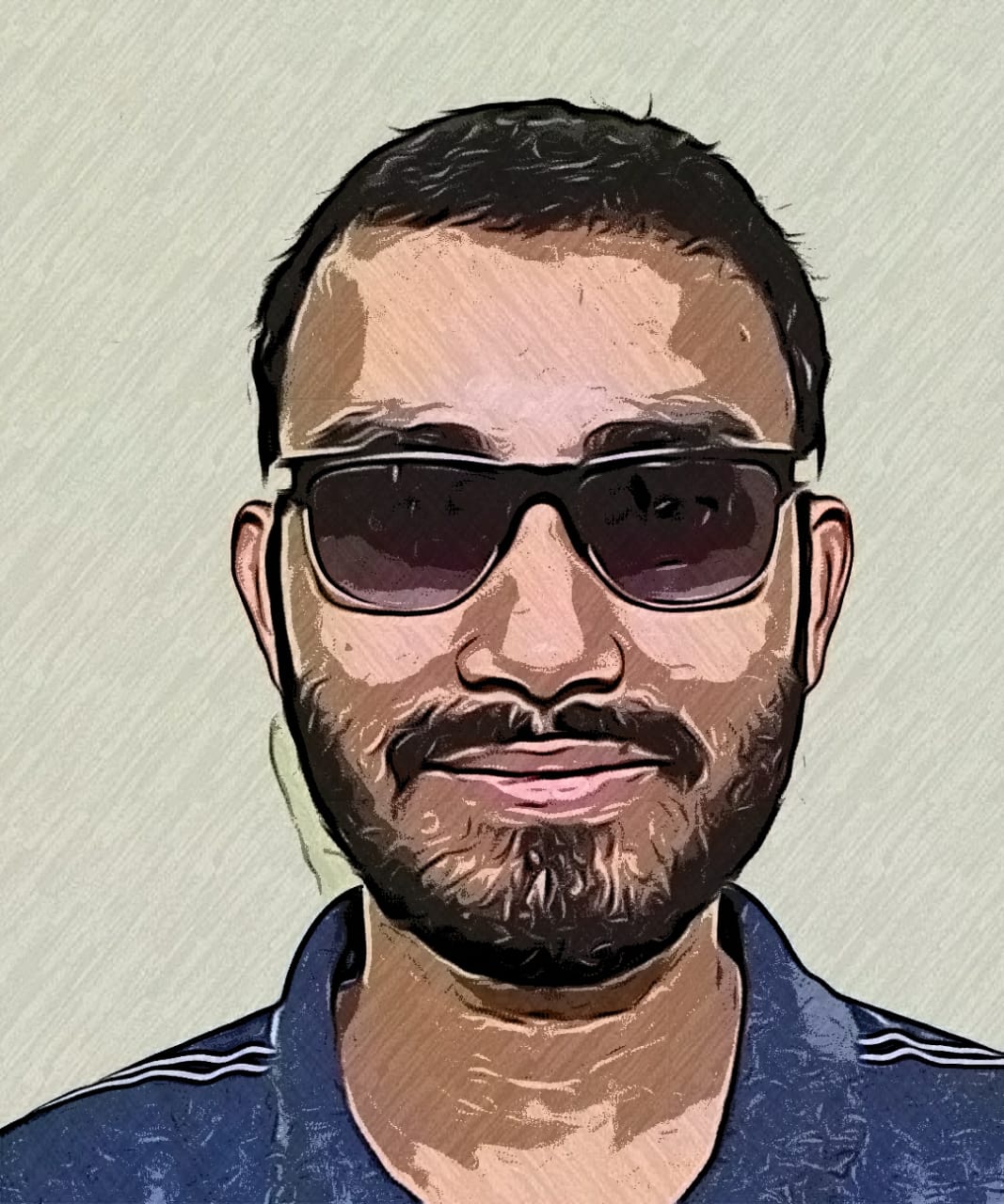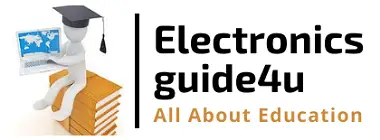Introduction to Control System(Brief Overview)
Control engineering (or Control systems engineering) is an engineering discipline which relates to controlling equipment and processes, to achieve some specific behaviour. It provides us the ease to assist different human made procedures , according to the process state and standards that we want to achieve. And Only those Procedure and Scenarios, whose causes and Consequences are Willingly Proven to us (we Not Restrain a undefined system).
There are many interesting life that is real associated with Control Systems which further get this topic certainly more interesting. Though it may be manual or automated around us all we can now see numerous systems which are running in our every day life so we can fundamentally treat every such system being a control system.
Even body that is individual could be addressed as a control system with brain just acting as controller or processor and co-coordinating the actions of various areas of the body that is predicated on response brought to our mind by different sensory faculties.
This type of controlling practice utilizes detectors and sensors ( to assess the output operation of the procedure being manipulated ) and the dimensions are utilized to offer corrective feedback helping achieve the desired functionality.
Since there are many practical applications related to this subject can be visibly seen , from which can easily produce interest that you might otherwise lack. Therefore the key of the sort of subject would be to learn the applications which are practical else these subject can become very much monotonous.
There are basically two types of Control System, i.e ‘Classical’ and ‘Modern’ methods. The main difference is “classic” control systems were analog and continuous, while “modern” control systems are digital and, by definition, use time sliced digital equivalents to analog conditions.
In simple terms, classical control theory essentially deals with solving differential equations at a frequency domain (Laplace/Fourier/Z-transform), while at the modern management theory, we resolve in the state area (time-domain) plus it features State space strategy, Eigen values and vectors etc..
From the classical controller we could examine SISO (single input, single output) systems whereas at a state distance based system is better suited to MIMO systems plus it may manage non-linear & time invariant systems too (which is the way most of the technical issues are).
Concept of the zeros and poles, sampling of data, system delays all basically covered in the classical control system branch. Laplace transforms are generally used to find the gain,bandwidth etc in frequency domain.
Last but not the least, Control System theory is the basis for ensuring that every system execute its required task accurately and efficiently (optimally) despite being subjected (exposed) to varying environmental conditions (disturbances).

Aric is a tech enthusiast , who love to write about the tech related products and ‘How To’ blogs . IT Engineer by profession , right now working in the Automation field in a Software product company . The other hobbies includes singing , trekking and writing blogs .
